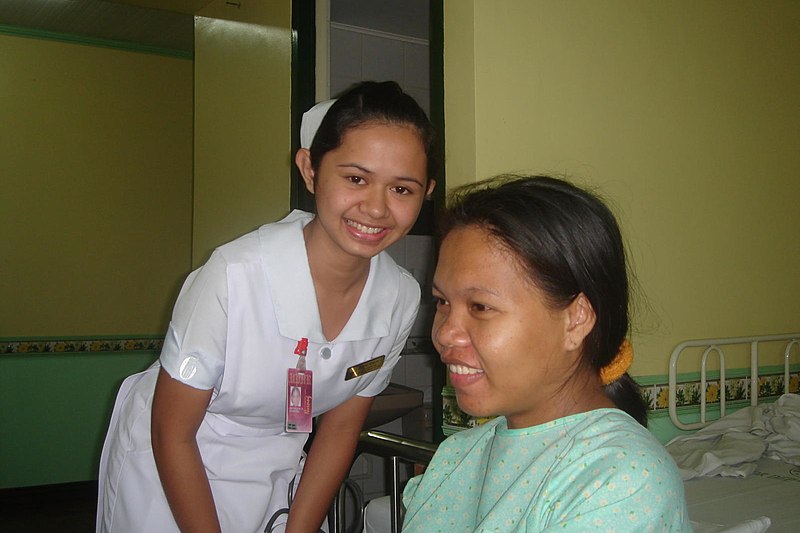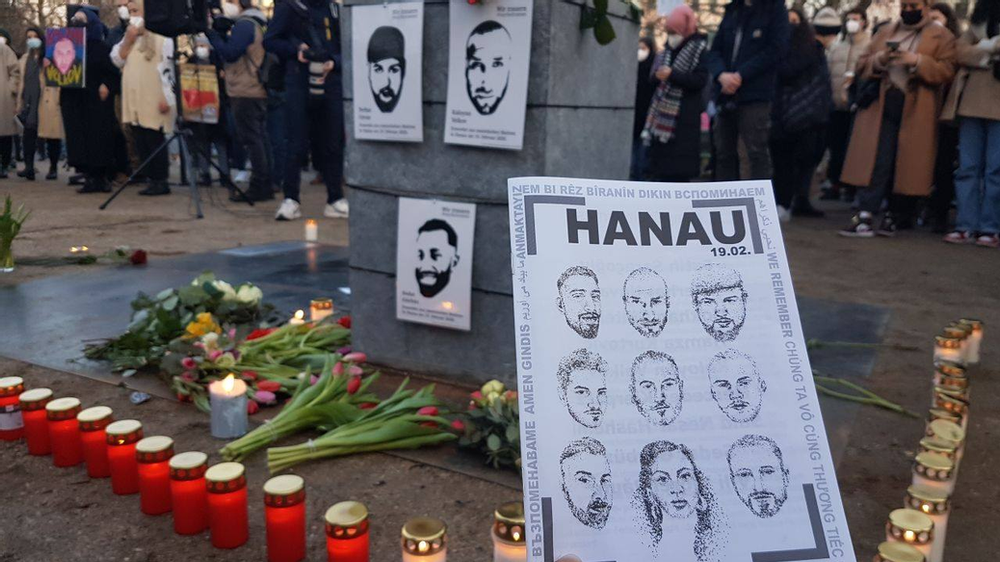Bayan-Europe expresses its strong condemnation of the Duterte government’s plan of securing COVID19 vaccine from the United Kingdom and Germany, in exchange of lifting the employment cap for nurses to work in those countries. “It is a shame that the Duterte government exploited the dignity of our Filipino nurses, making them a bargaining tool for the utter incapacity of government regarding the purchase of COVID-19 vaccines,” said Gary Martinez, Bayan-Europe Chairperson.
The Duterte government is known to be extortionist. It demanded money from the United States government in exchange for the implementation of the Visiting Forces Agreement. Now, the Duterte government demands vaccines from the United Kingdom and Germany in exchange for the services of the Filipino nurses.
The Duterte government promised the ‘Overseas Filipino Workers’ 5 years ago to end the export of labor by providing jobs and just wages in the Philippines. But Duterte has once again showed his government’s heartless and cruel treatment to our health care workers by treating them as bargaining chips of the Duterte government to access vaccine against COVID19.
From the very start of the pandemic, the Philippine government has never regarded the Filipino medical professionals as important players in the campaign against COVID19. While most world leaders rely on scientific research and expert opinions of medical professionals in their respective countries to address the pandemic, the Philippine government relies on active and retired military officers.
This clique of military officers close to the president, implemented the world’s longest community lock down. They are responsible for the mass arrests of people who demanded the promised aid and support from the government, and the surveillance of political oppositions and dissenters. Instead of promoting mass testing and contact tracing for identification and treatment of those infected; and effective control of the spread of the virus – the Duterte government railroaded the passing of the ‘Anti-Terrorism Act 2020’. The Duterte government ballooned the Philippine debts because of its insatiable borrowings. Meanwhile, the government has allocated significant amount of its national budget to the defense department; and to a task force composed of war-freaks to fight communist insurgency. But it did not instead allocate a bigger budget to the health sector to address the pandemic.
The Duterte government is also known for its harsh treatment to the migrant workers. Last year, when the COVID19 pandemic impacted the hundreds of thousands of land-based Filipino migrant workers and seafarers it resulted in their unemployment in the host countries. But the Philippine government representatives turned them away when they sought the help of the Philippine embassies and consular offices. Here in Europe for instance, there are thousands of Filipino migrants that are unable to receive the promised financial aid from the Philippine government because they are undocumented. The images of Filipino migrant workers stranded in the Middle East scavenging food from trash bins in order to survive are still fresh to our memories. And even when migrant workers are able to return home, the Philippine government is guilty of criminal neglect and abandonment – as hundreds of returning overseas Filipino workers were stranded for months due to lock down. They were forced to stay in the open in the side streets of Manila Airport.
“The commodification of our Filipino nurses by this despotic government is in itself an expression of lack of concern on Filipino migrant workers. The dedication of our nurses working to address the COVID-19 virus exemplifies the image of the working Filipinos; sadly, our own government desired to use our Filipino nurses as a means of exchange just to beg for the supply of vaccines… Is this the only solution to address the pandemic crisis?”
said Elnora Held, Gabriela-Germany President.
Bayan-Europe believes that the health of the people is a responsibility of the state and therefore vaccines must be provided for free to the Filipino people by the Duterte government. While Filipino nurses are regarded as key workers who have important role in the care of people affected by COVID19 in the United Kingdom and Germany, the Duterte government should not hold them hostage in exchange of the vaccines. Filipino nurses should not be treated as commodities. Filipino nurses are not slaves and the government has no right to coerced and forced them to work whenever and wherever Duterte wishes.
Philippine Nurses are not commodities!
Stop holding the Filipino Nurses as hostage in exchange of Vaccine!
Gary Martinez
Bayan–Europe Chairperson
Elnora Held
Gabriela Germany President
E-mail: aprilnens@yahoo.de











